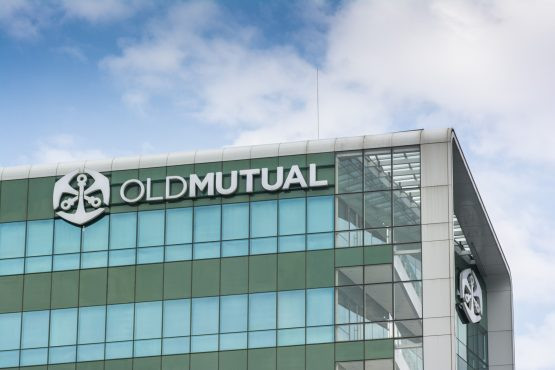
We have been grappling for long to identify and get rid of impediments to foreign direct investment.
President Emmerson Mnangagwa’s post-coup administration acted promptly to defuse the destructive power of the Indigenisation Act — one of the worst laws ever created.
It forced foreign investors to hand over at least 49% of their interests in companies to Zimbabweans for free.
The Act was an offspring of serious miscalculation which was formalised by parliament.
Everyone witnessed the waves of divestment that rattled Zimbabwe soon after it was promulgated, in the middle of another deadly economic and cash crisis.
It remains one of the factors behind the mess that Zimbabwe finds itself in today – over 90% joblessness, currency volatilities and a crumbling infrastructure.
On the infrastructure front, Mnangagwa has tried to clear the mess left by his former boss, the late strongman Robert Mugabe.
But with up to US$40 billion required for a total revamp of unravelling roads, bridges and other assets, economically weak and debt strapped Zimbabwe won’t afford.
- Mavhunga puts DeMbare into Chibuku quarterfinals
- Bulls to charge into Zimbabwe gold stocks
- Ndiraya concerned as goals dry up
- Letters: How solar power is transforming African farms
Keep Reading
Mnangagwa is missing another opportunity to shine. He must live up to his ‘Zimbabwe is Open for Business’ mantra by immediately making decisive action on the listing status of Old Mutual Zimbabwe and PPC.
The two bellwether counters were suspended in a rage of anger and emotion by the Zanu PF government in 2020, after being accused of inflaming a currency crash that was clearly being abated by economic mismanagement, plunder and unrestrained theft. They were forced to list on the Victoria Falls Stock Exchange, which at the time was only an idea.
Despite endless reports and counsel about the ramifications of the counters’ suspension from ZSE — especially that of Old Mutual, the regime has maintained its stance, most recently worried that the two’s return triggers the end of ZiG — Zimbabwe’s new currency.
The longer the suspension continues, the more pensioners and investors’ loss.
Zimbabwe cannot wait another day longer on the two stocks.
Their problem must be resolved.
It is the worst step for a government to confine a private company to a foreign stock exchange against its will.
Companies must be allowed to choose the bourses they want, unless authorities are saying we are pursuing command economics.
The more government digs in, the more it continues to play with Zimbabweans’ lives.
Investors will continue sitting on the fence, observing if the regime in Harare is ready to reform. The implications have been and will be dire.
Remember, this is a country that produced thousands and thousands of graduates yearly.
Where will they work if the biggest employers continue to be frustrated on flimsy reasons?











